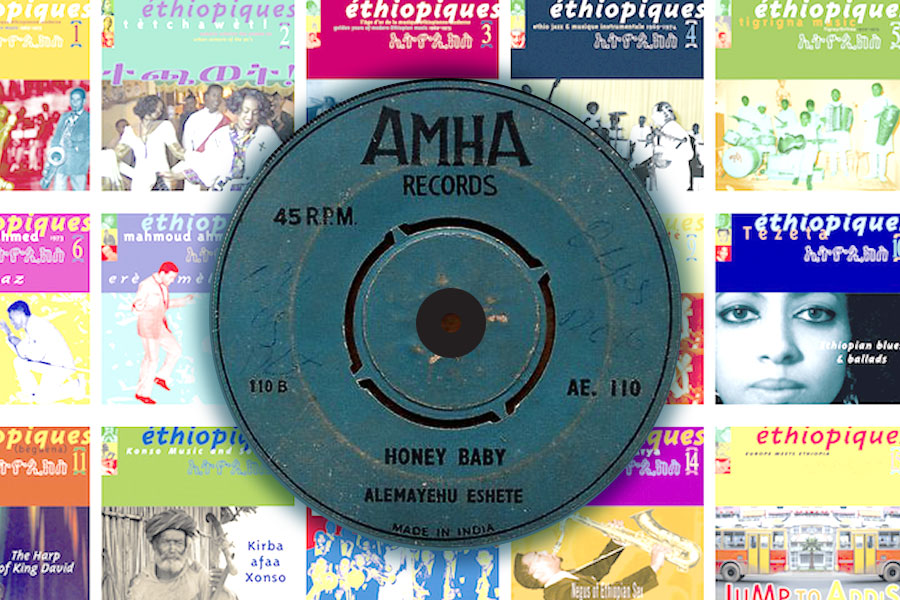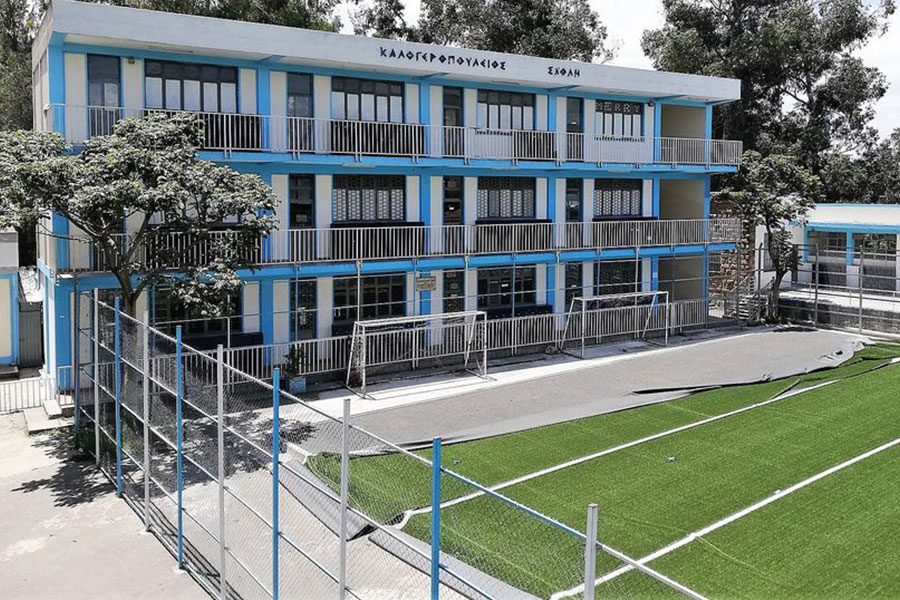
Fortune News | Jul 30,2022
A ninth grade student whom I met in an internet café embarrassed his physics teacher. It all started with his open remark about his teacher’s inflection of an English word. In the middle of the classroom, he dared to tell her that she does not have her English right.
I gave him a long lecture about the origin of the word, but more importantly the need to defer to teachers as much as possible and be respectable. It does not matter how right he was. The teacher should have her authority respected.
Evidently, this is not something that works these days. Today, classrooms are supposed to be student-centric. For an old soul like myself, it is completely alien, and the thought of correcting a teacher’s English is unthinkable.
This is not surprising as anyone who was introduced to schooling in Kes Timheret Bet, the traditional schools for reading that were run by churches. Today, in urban areas anyways, it will seem entirely out of place, a strange world. The Yeneta, equivalent of a teacher, was treated with all the respect and deference usually afforded to a feudal lord.
The school presented to me a sight of a bunch of shoulder-to-shoulder chained kids, housed in a shack, repeating words in synchrony. Whoever was out of step would be given a personal and intimate introduction to the Yeneta’scracking whip. I had hoped it would not be for me, but there were days when I was in my mother’s embrace, crying after the Yeneta’spunishment.
When I joined my elementary school, the uniform, the school’s ambience, even the siren that blared when class ended fascinated me. All of a sudden, I was introduced to modernity. "Was the sunrise different then?" I ask myself even today, of days forever gone.
Our teachers, as I sorted out later, were from Haile Selassie University, now known as Addis Abeba University. They were young and open to new ways of teaching. Matters complicated to my mind at the time were taught to us using music and entertainment. We did not talk back to them as students these days are prone to do but neither did we fear them.
But good things rarely last. Gradually, they were all replaced by older teachers. We had an English one that always struggled with the Gregorian Calendar, and a gibre geb(religious moral teachings) instructor who used to come to the classroom cracking his whip.
Classroom started to be boring with the only breathing space coming from the affable and genial Gash Wolde. He was in charge of our school’s book store. He usually snuck his head through a window in a classroom when he needed to talk with a teacher. A mere vista of him was more than enough to blow up a classroom with laughter.
It is sad that many people do not have a memory of a great teacher. They come rarely but leave an important impression. For me, they were a ninth grade English teacher, who was also a school vice principal; physics teacher of my ninth and tenth grade; and two of my college part-time instructors.
All made the varying difficulty in their subjects easy to deal with, making what they gave me in the classroom as unforgettable as they are. I remember the experience being the same for my classmates.
What if this was the case with all the classrooms I attended?
Teachers find children at their most formative. They hold great power in shaping our children; they are given an awesome power to bring up a generation. Much of this, more than the books and tools with which to teach, has to do with the teachers. They have the power to improve the persistent lack of excitement in the classroom, which breeds disinterest and impedes the learning process.
PUBLISHED ON
Jan 24,2021 [ VOL
21 , NO
1082]


Fortune News | Jul 30,2022

Fortune News | Nov 03,2024

View From Arada | May 15,2021

Viewpoints | Aug 28,2021

Fortune News | Jun 10,2023

My Opinion | Jul 24,2021

Agenda | Apr 27,2025

Radar | Feb 04,2023

Editorial | Oct 21,2023

Fortune News | Feb 06,2021

Dec 22 , 2024 . By TIZITA SHEWAFERAW
Charged with transforming colossal state-owned enterprises into modern and competitiv...

Aug 18 , 2024 . By AKSAH ITALO
Although predictable Yonas Zerihun's job in the ride-hailing service is not immune to...

Jul 28 , 2024 . By TIZITA SHEWAFERAW
Unhabitual, perhaps too many, Samuel Gebreyohannes, 38, used to occasionally enjoy a couple of beers at breakfast. However, he recently swit...

Jul 13 , 2024 . By AKSAH ITALO
Investors who rely on tractors, trucks, and field vehicles for commuting, transporting commodities, and f...

Oct 25 , 2025
The regulatory machinery is on overdrive. In only two years, no fewer than 35 new pro...

Oct 18 , 2025
The political establishment, notably the ruling party and its top brass, has become p...

Oct 11 , 2025
Ladislas Farago, a roving Associated Press (AP) correspondent, arrived in Ethiopia in...

Oct 4 , 2025
Eyob Tekalegn (PhD) had been in the Governor's chair for only weeks when, on Septembe...